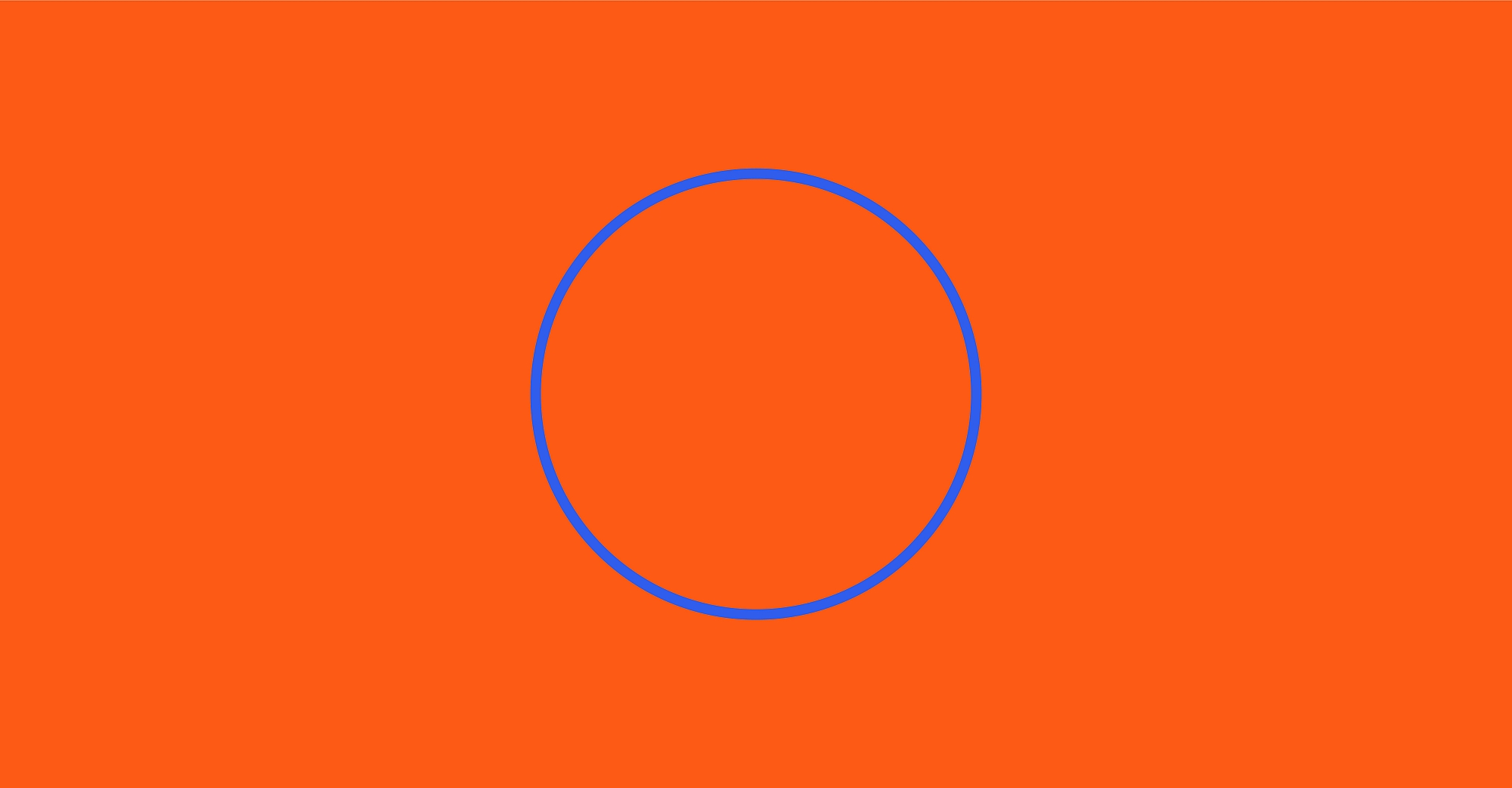5 Ways to Spark Creativity When It's "All Systems No"

This article originally appeared in Fast Company.
For times when you’re short on inspiration, here are few ways to reframe your thoughts and break through to better ideas.
We’ve all been there. You’re in round three (or a little past it) of trying to unlock a concept or idea and the well of ideas is completely tapped. You’ve tried everything: revisited past success, done exhaustive strategic work, brainstormed ad nauseam, but despite your best efforts, the brainstormed concept isn’t landing.
So now what? How do you go back to the drawing board and look for something, anything, new to try to break out of the funk?
Here are a few tactics I’ve used in my career in the agency world to start seeing the challenge from a new perspective.
Rewrite the assignment from a sixth grader's viewpoint
Don’t change anything about the “ask”; change the way in which it is asked. Break down some of the jargon, such as from a complicated brief, into language so clear you could brainstorm with someone who has no experience in marketing, communications or anything close to an industry trade. Use just a handful of words, and a big typeface, on one slide. Make it as bold and singular as you can and then walk away for a while. You’ve planted the seed for yourself. A lot of creatives like to frame these challenges as a question such as “how might we...“ This approach is a great way to make a prompt minimal and direct.

Get offline for a while (but keep notes)
With a simple, singular thought, get away from the challenge and do something you’ve been putting off instead. Go for a run, clean up around the house, or pick up that long-neglected book.
Whatever it may be, it should be so far away from the mental space you’re typically in that your brain can wonder. If you’re like me, the deadline to complete that creative brief will nag at you. Random tasks and responsibilities will start to trickle in, and it might not make sense, which is good. Go wide and simply jot those words down, as if it’s in a dream you’ll soon forget, because you will. Somehow those words might make sense later.
At my agency, we recently created occasions called “fresh thinking mornings” every Wednesday, from 9 a.m. to noon, so we can recharge, get away from our screens and come back with fresh perspectives.

With your notes in hand, start free writing
Don’t try to write the perfect slide or idea—just write. Give yourself a dedicated time window, at least 20 minutes and turn off all the other distractions. No Slack, no email. Music, if it doesn’t take away from your focus. Add some coffee or tea and get to writing.
I like to take each of those random words, thoughts and phrases and just give each two or three minutes of space. Most of this won’t go anywhere, but you are reconnecting your brain with the brief and trying to connect the dots between these peripheral ideas and the challenge. If something clicks, awesome, but if not, you’re only halfway there, so no stress.

Get into your audience's mindset
Oftentimes when working on a marketing or communications challenge, my team and I are lucky to be fairly closely connected to the audience we want to reach.
This is especially true early on in our career, when we often are the target audience. If you find yourself miles away from, say, a Gen Z college kid, go where they go and try to see the world from their eyes. What makes them happy, sad, scared? How do they share emotions, find connections, distract themselves? What holds value to them and what defines hard work for them? Look at how these diverse groups might be similar to you (or different) and to the client or challenge. Follow up your reflections with more free writing and scribbling. Hopefully, bits and pieces of an idea or at least a territory will start to emerge.

Schedule a call with an industry outsider
When I really get stuck, I love to set up time and talk with people who know nothing about marketing, since they work in other sectors. Friends that are physicians, teachers or even athletes—these are the people I have a human conversation with.
I don’t go to them thinking of work first; instead, I focus on catching up and see if it comes up. If it doesn’t, you didn’t waste any time at all — you just synced up with a friend — and usually that dopamine hit of connection helps a ton. It might even make you feel grateful for your challenge and reengaged.



